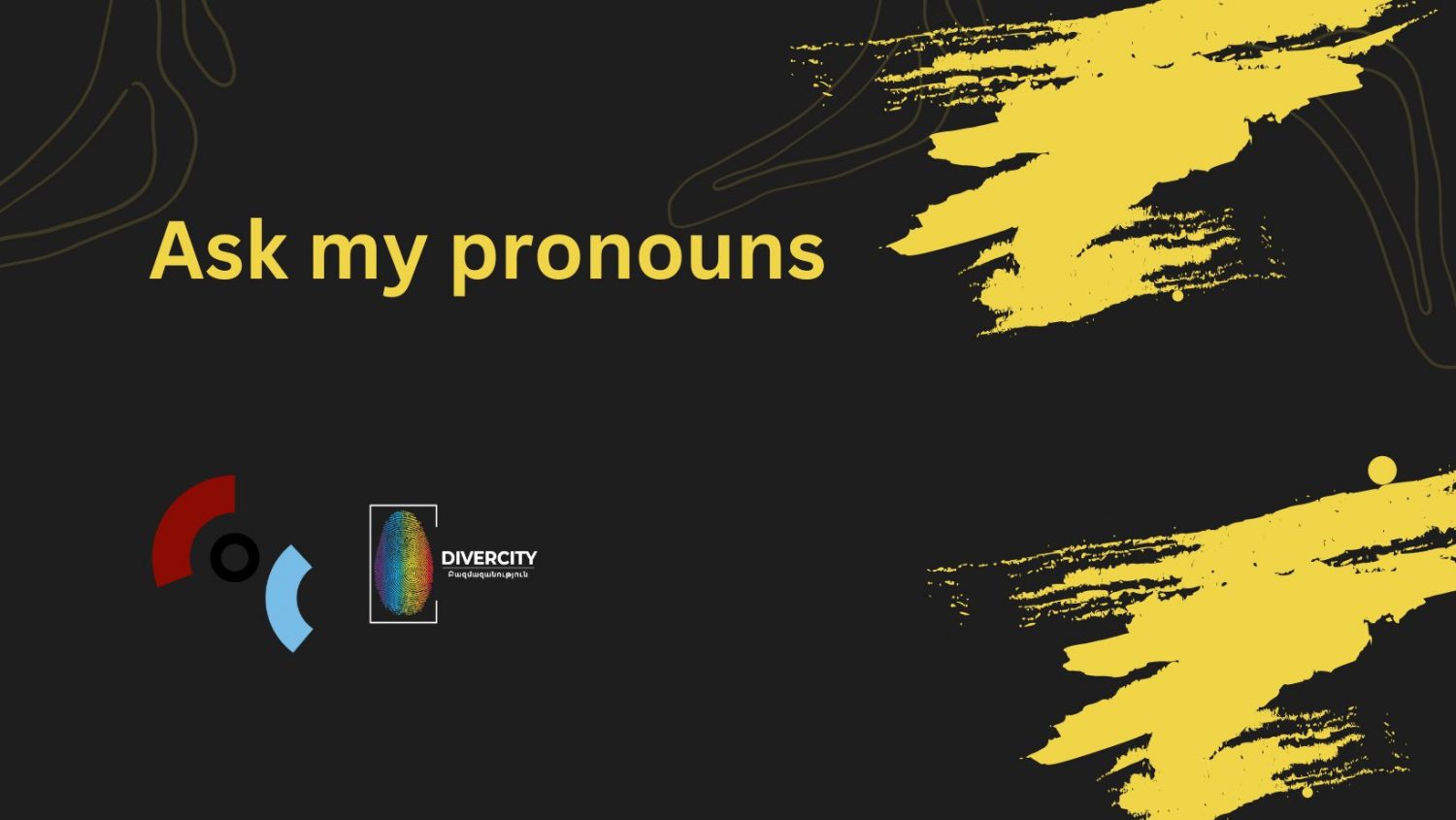We tend to decide a person’s gender based on how they look or how their name sounds. However, these assumptions can be incorrect and can convey wrong messages, making people feel that they need to look a certain way to show the gender they are or aren’t.
Pronouns are a crucial part of everyday conversation as they affirm identity in every interaction, while other aspects of inclusivity might not be needed often and do not require daily attention.
Pronouns are thought of as mere grammatical tools, placeholders in our sentences. However, they have a hidden power—a power to shape how we see ourselves and how others see us. To many transgender and non-binary people, their pronouns are more than just words; they’re fundamental building blocks of their gender identity and cornerstones of how they see themselves.
Using only ‘he’ and ‘she’ to refer to people implies that gender non-conforming individuals must conform to binary gender norms to be recognised. It is important to respect everyone’s gender identity and avoid invalidating it by using incorrect pronouns. Continuously using the wrong pronouns is a form of hostility known as microaggression.
Constantly using incorrect pronouns can have a significant impact on mental health, causing anxiety and depression and leading to suicidal thoughts. It is similar to being called by the wrong name—a constant reminder that you are not who you say you are.
The Armenian language, along with many others, does not have the problem of pronouns, as languages are not gendered;* when communicating in English, the use of pronouns becomes more critical.
There are different ways of approaching people who use different pronouns. With time, many people choose to make the pronouns they use or feel comfortable with the public on social networks, making effective and inclusive communication easier. Using the ‘they/them’ pronoun set is acceptable when the person’s preferred pronouns are unknown. Alternatively, pronouns can be avoided. To avoid unintended disrespect or misgendering, using the person’s name instead of pronouns may be best.
Additionally, some people may or may not feel comfortable using their pronouns when communicating virtually or in person. While asking for the person’s pronouns may cause discomfort, it is also a way of showing respect and inclusivity. Alternatively, introducing yourself and mentioning your pronouns may encourage the person to do the same.
There are a number of online resources to check out the most common pronouns used along with the traditional set of pronouns.
Most of us in Armenia grew up in an environment that had and still has strict ideas about gender and gender roles. We may not have considered how our use of gender pronouns can impact others. If you are not accustomed to thinking beyond the binary, it may take some time to adjust to using gender-inclusive pronouns. However, it is important to make an effort to do so.
_____
* Gender (gender identity) or social sex: a social concept (social category) relating to how individuals internally perceive femininity and masculinity within their own gender. This perception may or may not coincide with the gender given to them at birth, as indicated on their passport (the gender assigned at birth). It is determined by the culture, mindset, and societal norms, and it reflects an individual’s emotions towards their gender, body, appearance, and behavior. These feelings can be streaming and may change over time.
* Gender norms: the specific ways society categorizes and behaves based on gender.
* In this context, being gendered refers to the division of the male and female pronouns in the binary system.
#ԲազմազանությունՀԿ #DiverCityNGO #DCNGO #COC #COCNetherlands
![]()



